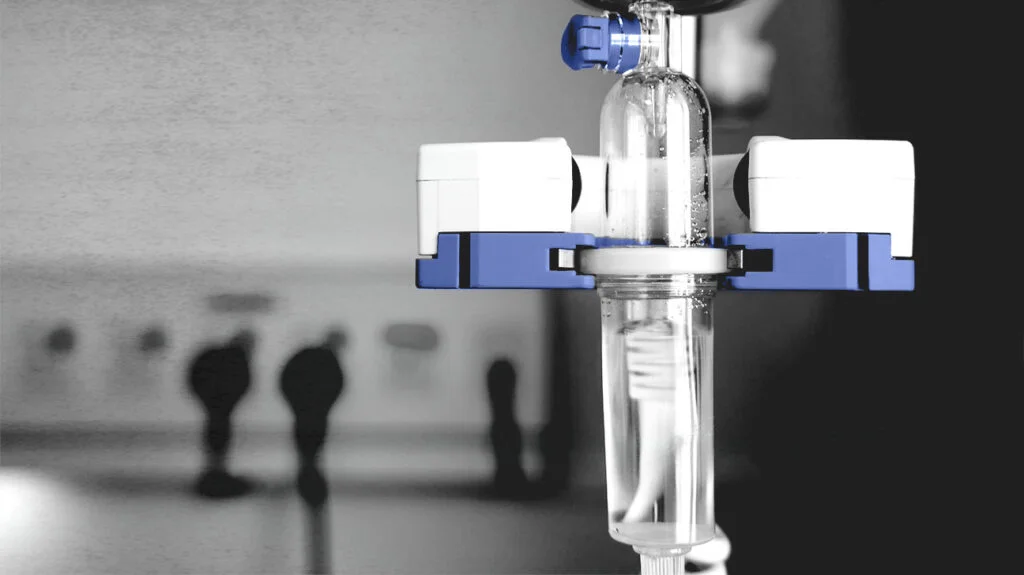

ICE chemotherapy is used to treat lymphoma. It can also help to treat other cancers.
It is best to read this information with our general information about chemotherapy and the type of cancer you have.
ICE chemotherapy is named after the initials of the drugs used:
Some people may also have a drug called rituximab with ICE chemotherapy. This treatment is called R-ICE chemotherapy.
Your doctor will talk to you about this treatment and its possible side effects before you agree (consent) to have treatment.
You will be given ICE chemotherapy during a stay in hospital. A chemotherapy nurse will give it to you.
During treatment you usually see a cancer doctor, a blood specialist (haematologist), a chemotherapy nurse or specialist nurse, and a specialist pharmacist. This is who we mean when we mention doctor, nurse or pharmacist in this information.
Before or on the day of treatment, a nurse or person trained to take blood (phlebotomist) takes a blood sample from you. This is to check your blood cells are at a safe level to have chemotherapy.
You will see a doctor or nurse before you have chemotherapy. They will ask you how you have been feeling. If your blood test results are okay, the pharmacist will prepare your chemotherapy. Your nurse will tell you when your treatment is likely to be ready.
Your nurse usually gives you anti-sickness (anti-emetic) drugs before the chemotherapy. The chemotherapy drugs can be given through:
You will have each drug separately through a drip (infusion). You usually have the infusion through a pump. This gives you the treatment over a set time.
Ifosfamide can irritate the bladder lining and cause bleeding. To help prevent this, you will have infusions or tablets of a drug called mesna. There is more information about bladder irritation in the common side effects section of this information (see below).
You usually have a course of several cycles of treatment over a few months. Each cycle of ICE usually takes 21 days, but it may also be given over 28 days. Your doctor and nurse will tell you the length of cycle you are going to have. You have treatment for the first 3 days of the cycle. This is how your treatment is given:
After this, you have a rest period with no chemotherapy for 18 or 25 days. Then you start the next cycle of your treatment. Usually, you have 2 to 4 cycles of treatment over 2 to 4 months. This is called a course of treatment. Your nurse or doctor will talk to you about your treatment plan.
Before you go home, the nurse or pharmacist will give you tablets to take at home. These will include medicines:
We explain the most common side effects of this treatment here. We also include some less common side effects. You may get some of the side effects we mention, but you are unlikely to get all of them.
You may also have some side effects that we have not listed here. Always tell your doctor, nurse or pharmacist about any side effects you have.
Your doctor can give you drugs to help control some side effects. It is important to take them exactly as your nurse or pharmacist explains. This means they will be more likely to work for you. Your nurse will give you advice about managing your side effects. After your treatment is over, most side effects start to improve.
Some cancer treatments can cause severe side effects. Rarely, these may be life-threatening. Your cancer doctor or nurse can explain the risk of these side effects to you.